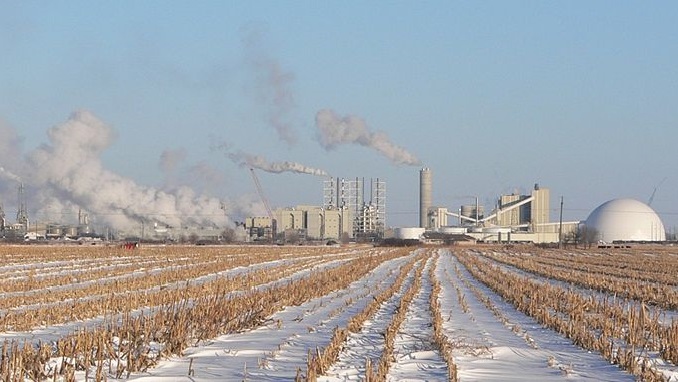A new law regulating production, storing and transportation of organic produce in Russia has been signed by President Vladimir Putin, Rusexporter reports.
The decree bans agrochemicals, pesticides, antibiotics growth stimulators and hormones.
The new law, previously approved by both chambers of the Russian Parliament, will enter force on January 1, 2020. The regulation introduces references to “organic produce,”“manufacturer of organic produce” and “organic agriculture,” as well as sets control over producing, storing, labeling, selling and transporting goods of the kind.
The legislation doesn’t cover such goods as perfumery, cosmetics, and medicines, forest plants seeds, hunting and fishing produce apart from aquaculture.
Similar regulations have been approved by more than 80 countries so far. The first attempts to adopt the measure in Russia were made 15 years ago. The legislation may help Russia take 25 percent stake in the global organic produce market, Volodin said earlier this year.
The measure, which also includes creating of a national register, will help to force dishonest players out of the market and will have a positive impact on the quality of organic products, according to State Duma speaker Vyacheslav Volodin.
Russia’s market for organic food has grown by leaps and bounds, driven by the U.S. and Europe and is expected to find a largely blue ocean market in the Asian and South American nations.
Global sales of organic food grew by almost 200% in the last decade. Despite their higher price, growth in this market can be seen due to rising health concerns among consumers, awareness of health benefits of organic food, increasing income levels, improved standard of living, and government initiatives aimed at encouraging widespread adoption of organic products.












